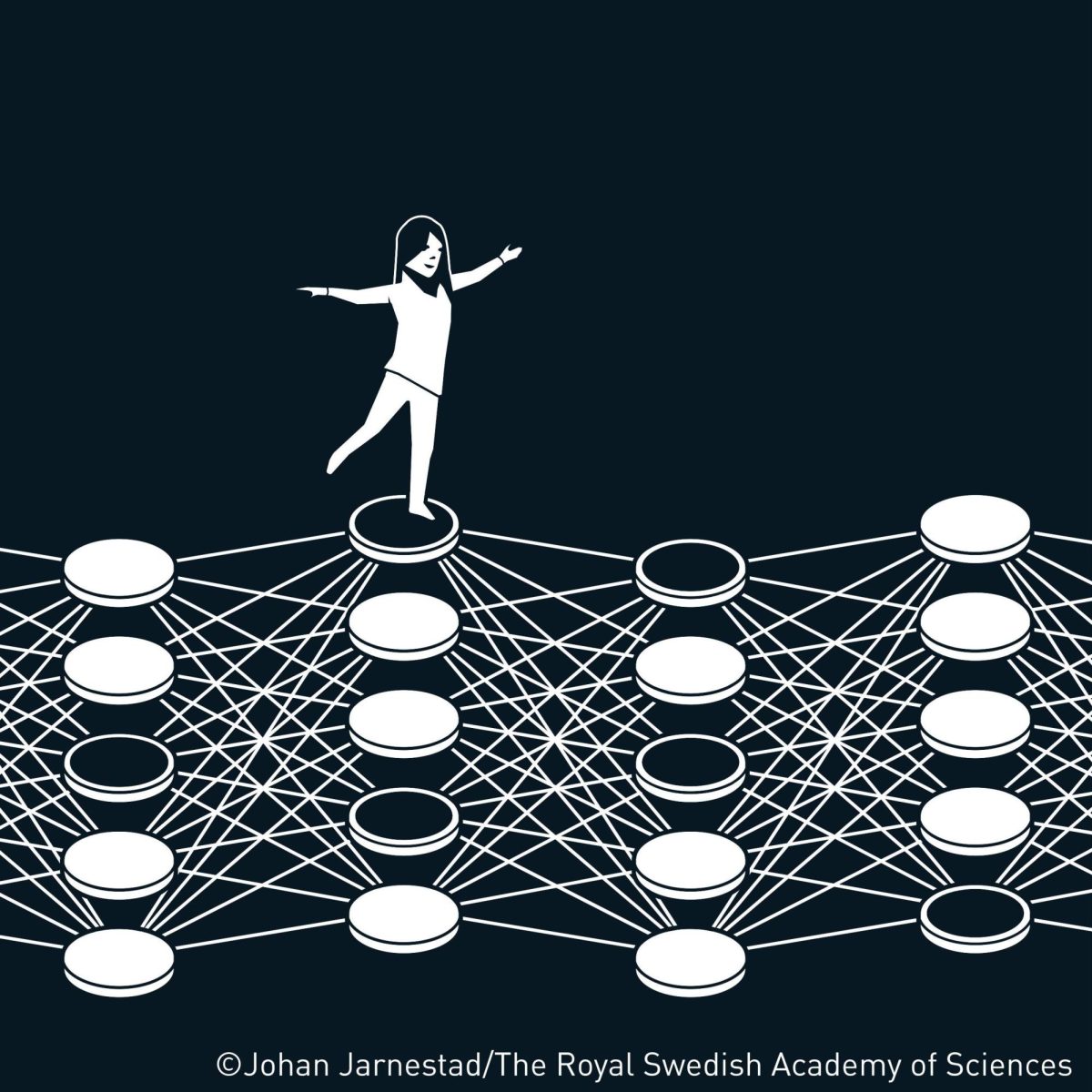While not all Americans go to church on Christmas Eve, Christmas culture is alive and well in America. Many more are identifying as Atheists and Agnostics– but religion and Christmas aren’t coupled as they once were.
Christmas’s religious importance is to celebrate the birth of one of Christianity’s important figures, Jesus of Nazareth. Christians recognize it as a time to be grateful and celebrate the love of Jesus. The values of love and community hold true in all celebrations of Christmas, no matter church attendance.
As of 2015, 23 percent of Americans did not identify with a religion. Compared to 16 percent in 2007, there are almost 20 million more Agnostics nine years later. This is partly due to the rising generation being much less inclined toward religion; about 35 percent of millenials do not practice any religion. However, many of these Agnostics grew up in families that celebrate Christmas and the tradition continues to be near and dear.
Many PV students who aren’t a part of a Christian community celebrate Christmas; senior Katie Oros is among them. “My family still does presents and a dinner, but but we don’t go to mass on Christmas eve or day.”
Senior Emma Tews, an active member of St. Paul Lutheran Church, supports all celebrations of Christmas. “I think everyone should choose to create their own meaning for Christmas. If someone loves the feeling of Christmas in a church community and if they connect with the Bible’s teachings, sweet! On the other hand, if they believe Christmas is just a time to give, celebrate with family and friends, and enjoy hot chocolate, sweet!”
To Oros, Christmas means being with family and friends, baking, snow, holiday movies, and a break from school. For Tews, it is family, Jesus, the color red, cookies, and Christmas lights. Overall, the similarities outweigh the differences.
It is easy to celebrate a non religious Christmas in America. Few of the most popular holiday movies mention Christ or holy births, but instead focus on the importance of giving, family, and joy. When watching How the Grinch Stole Christmas or Elf , an outsider would think they were created in celebration of a secular holiday.
Some of the basics of the holiday’s traditions were melded from the pagan celebration of the winter solstice, the longest night of the year. Dies Natalis Solis Invict, meaning ‘birthday of the unconquered sun’, was held on December 25th during Roman times.
As the birth date of Jesus is not known, this day was chosen as it was already a celebrated time of light overcoming dark. For thousands of years pine trees have been decorated near the time of the winter solstice, in thought of the coming spring.
The customs of putting up a tree, exchanging gifts, and extended family coming together are welcome traditions for any American. The Christmas season will continue to be an uplifting time during the year’s darkest month.










